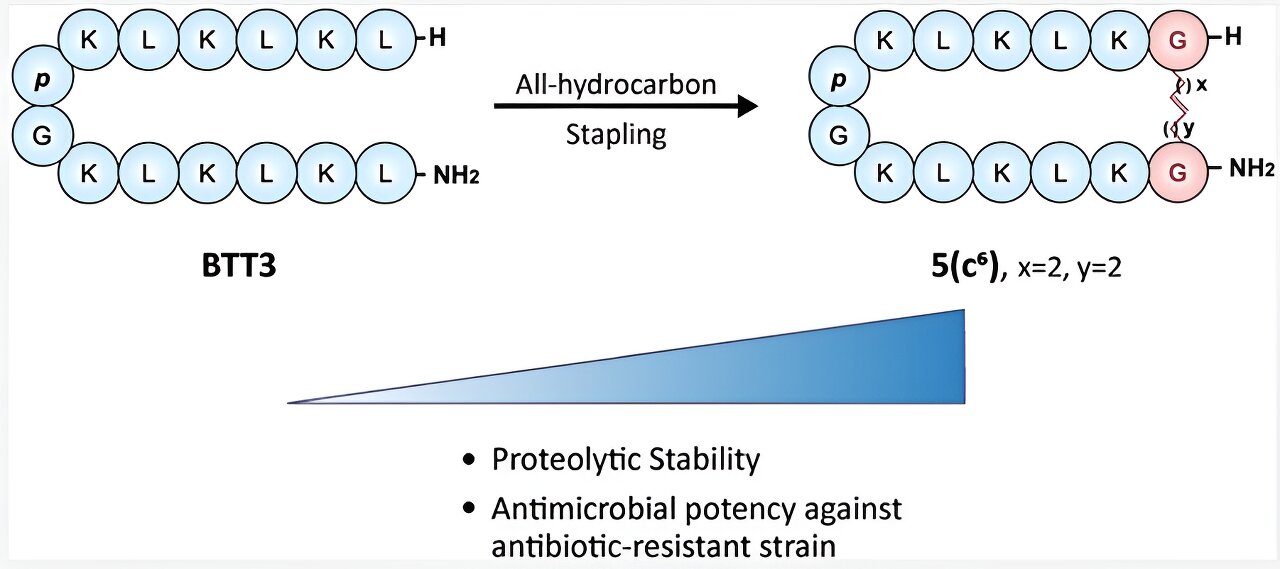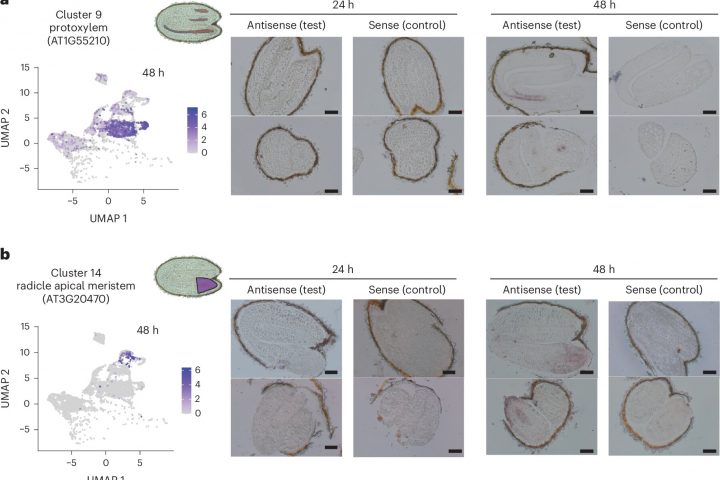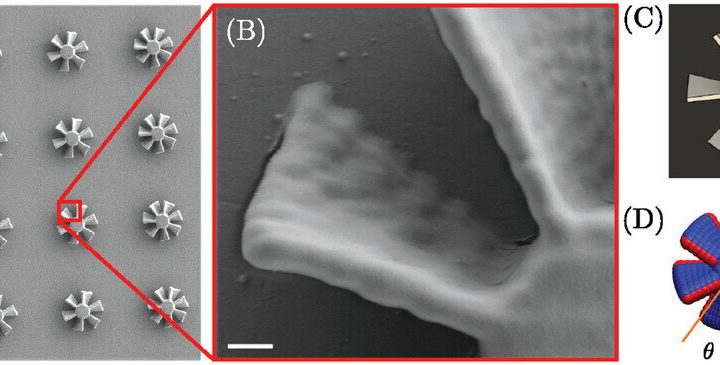National University of Singapore (NUS) pharmaceutical scientists have made a groundbreaking discovery in the fight against multidrug-resistant bacteria. By applying the all-hydrocarbon-stapling modification to their β-hairpin antimicrobial peptides (AMPs), they have significantly improved the peptides’ enzymatic stability.
There is a growing focus on AMPs as a potential solution to antibiotic resistance. However, their susceptibility to degradation by hydrolytic enzymes in the human body has limited their clinical potential. To overcome this barrier, researchers have explored various chemical modification strategies, including all-hydrocarbon stapling. While this technique has shown promise for α-helical AMPs, its potential for β-hairpin AMPs has been relatively unexplored.
In a previous study, Associate Professor Rachel Ee and her team from the Department of Pharmacy at NUS designed a library of synthetic β-hairpin AMPs. From this library, they identified a potent candidate called BTT3.
In their latest work, published in the Journal of Medicinal Chemistry, the scientists used BTT3 as a template to design stapled analogs using all-hydrocarbon stapling. They varied parameters such as carbon chain length, stapling position, and number of staples to systematically investigate the impact of these modifications on the peptides’ clinical profile.
The researchers discovered that the six-carbon single-stapled peptide 5(c6) exhibited the highest proteolytic stability, minimal toxicity, and potent antimicrobial activity against antibiotic-resistant Gram-negative pathogens. This stapled peptide also demonstrated superior bacteria-killing effects compared to the template peptide BTT3, particularly against antibiotic-resistant strains.
All-hydrocarbon stapling is a technique that enhances the stability and shape of protein molecules. It involves using a small, strong “staple” made of hydrocarbon molecules to connect specific points on a molecular chain, preventing degradation by enzymes in the human body. This technique significantly improves the peptides’ effectiveness as potential therapies.
Professor Ee commented, “The findings from this study highlight the potential of the all-hydrocarbon stapling technique for fine-tuning β-hairpin AMPs in clinical applications. By utilizing this technique, we can enhance the performance and longevity of medicinal molecules in our bodies. This has significant implications for developing new drugs to effectively combat resistant pathogens and treat various diseases.”








